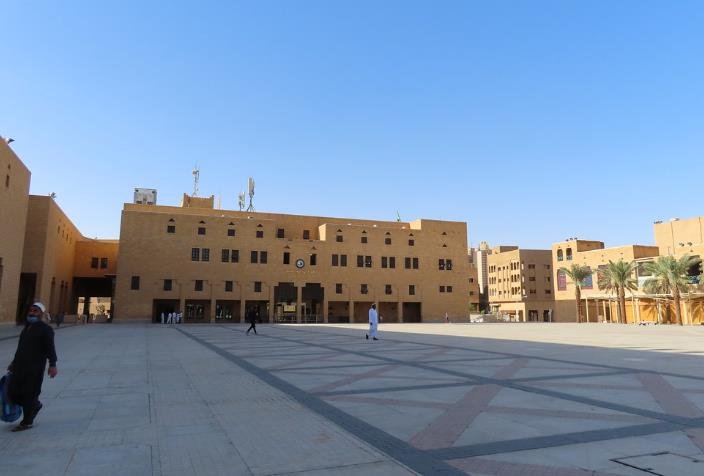In a landmark ruling, the Riyadh Criminal Court has sentenced a Saudi citizen and an Asian national to two years in prison for a cover-up crime that breached the Anti-Commercial Fraud Law. This case has shed light on the intricate web of commercial concealment and its ramifications on the integrity of the market.
The court’s decision came after a thorough investigation revealed the duo’s involvement in commercial concealment, a crime that undermines the economic fabric of society. The Saudi citizen and the Asian national were found guilty of violating the Anti-Commercial Fraud Law, leading to their imprisonment and a hefty fine of SR500,000 each.

The investigation uncovered that the Asian national was illicitly managing a business under the Saudi citizen’s name, a practice commonly referred to as ‘tasattur’ or cover-up. This arrangement allowed the Asian national to conduct business activities without the legal right to do so, while the Saudi citizen received financial compensation.
The Aftermath of the Verdict
The repercussions of the verdict are far-reaching. The court ordered the confiscation of illicit funds and proceeds from the crime, amounting to approximately SR30 million. Additionally, the counterfeit automotive spare parts and tools used in the crime were seized. The establishment involved in the cover-up was liquidated and closed, its commercial register and license canceled, and the perpetrators banned from practicing any business activity for five years.
The Asian national faces deportation after serving the prison term, with a stipulation barring re-entry to Saudi Arabia for employment purposes. This serves as a stern warning against commercial concealment and emphasizes the kingdom’s commitment to upholding the law.
Implications for the Business Community
This case has significant implications for the business community, highlighting the need for transparency and adherence to legal frameworks. It underscores the government’s vigilance in combating commercial fraud and protecting the economy from illicit activities.
The National Anti-Commercial Concealment Program has reiterated its dedication to rooting out commercial cover-up practices, ensuring a fair and competitive market environment. This ruling is a testament to the program’s effectiveness and the judiciary’s resolve in enforcing the law.
